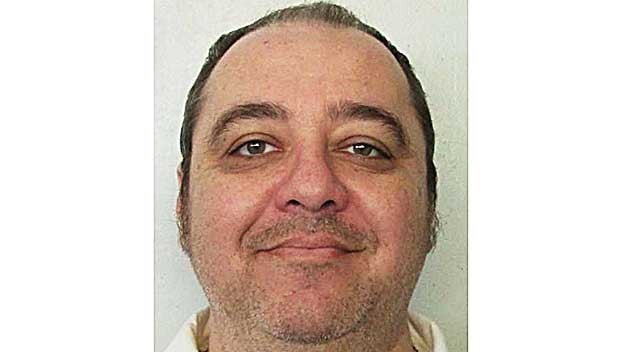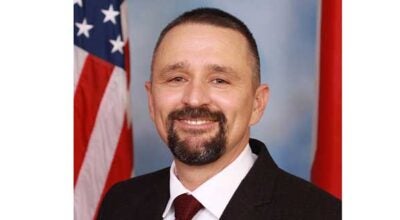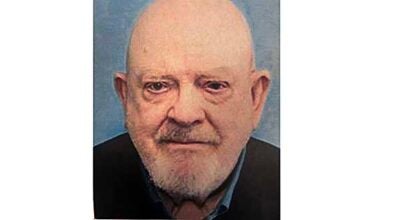Condemned man’s lawyers appeal to Supreme Court ahead of execution date
Published 9:37 pm Monday, November 14, 2022
Lawyers on Monday asked the U.S. Supreme Court to stay the upcoming execution of an Alabama man who was sentenced to death over the jury’s wishes — a punishment he could not receive today since states no longer allow judicial override.
Kenneth Eugene Smith is set to be executed Thursday for the 1988 murder-for-hire killing of a pastor’s wife. A judge in 1996 sentenced Smith to death despite a jury’s 11-1 recommendation of life imprisonment. Alabama in 2017 became the last state to abolish the practice of letting judges override a jury’s sentencing recommendation in death penalty cases, but the change was not retroactive and therefore did not affect death row prisoners like Smith.
“If Mr. Smith’s trial had occurred today, he could not have been eligible for execution. Nor would he be subject to execution anywhere else in the United States, as every state that once permitted the practice of judicial override has abandoned it,” his attorneys wrote in the request for a stay.
Smith’s attorneys asked justices to stay the execution to review whether the death sentence, imposed over the jury’s wishes, violates the constitutional prohibition against cruel and unusual punishment.
The filing came days after the Alabama Supreme Court declined to postpone Smith’s scheduled execution. The Alabama attorney general’s office is expected to oppose the stay request.
Prosecutors said Smith was one of two men who were each paid $1,000 to kill Sennett on behalf of her husband, the Rev. Charles Sennett, who was deeply in debt and wanted to collect on insurance.
Elizabeth Sennett was found dead on March 18, 1988 in the couple’s home on Coon Dog Cemetery Road in Colbert County. The coroner testified that the victim had been stabbed eight times in the chest and once on each side of the neck. Charles Stennett killed himself a week later when the murder investigation started to focus on him as a suspect, according to court documents.
Smith maintained it was the other man who stabbed Elizabeth Sennett. John Forrest Parker, the other man who prosecutors said was paid to kill Elizabeth Sennett, was executed in 2010. “I’m sorry. I don’t ever expect you to forgive me. I really am sorry,” Parker said to the victim’s sons before he was put to death.
Smith was initially convicted in 1989, and a jury voted 10-2 to recommend a death sentence, which a judge imposed. His conviction was overturned on appeal in 1992. He was retried and convicted again in 1996. This time, the jury recommended a life sentence by a vote of 11-1, but a judge overrode the jury’s recommendation and sentenced Smith to death.
Alabama has faced accusations of botching its last scheduled executions. In September, the state called off the execution of inmate Alan Miller because of difficulty accessing his veins. Miller said in a court filing that prison staff poked him with needles for over an hour and at one point, they left him hanging vertically on a gurney before announcing they were stopping for the night. Prison officials said they stopped because they were facing a midnight deadline to get the execution underway. The state is seeking a new execution date for Miller.





